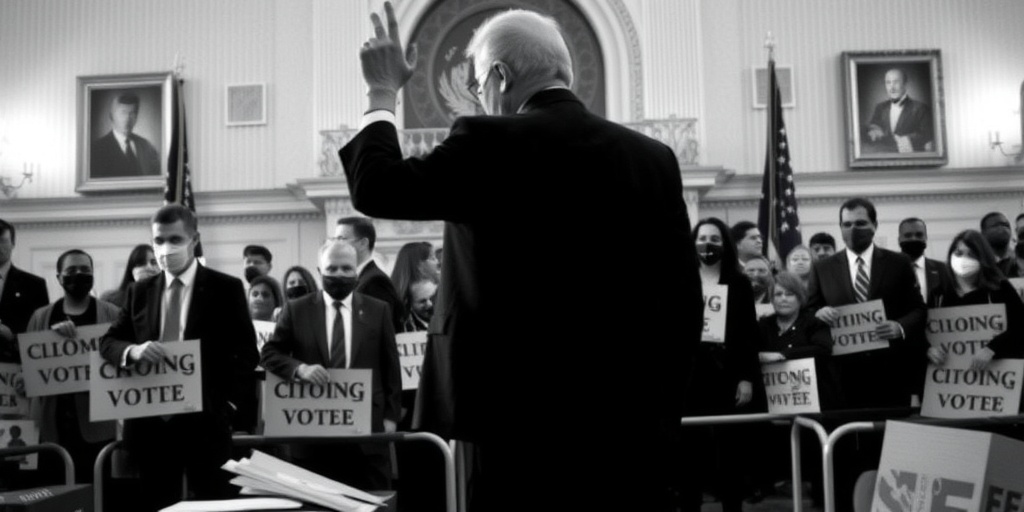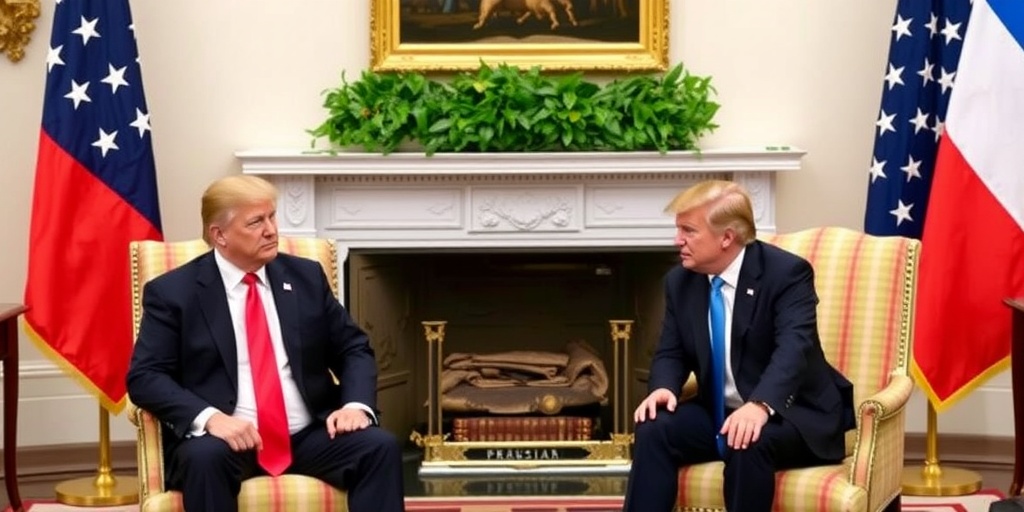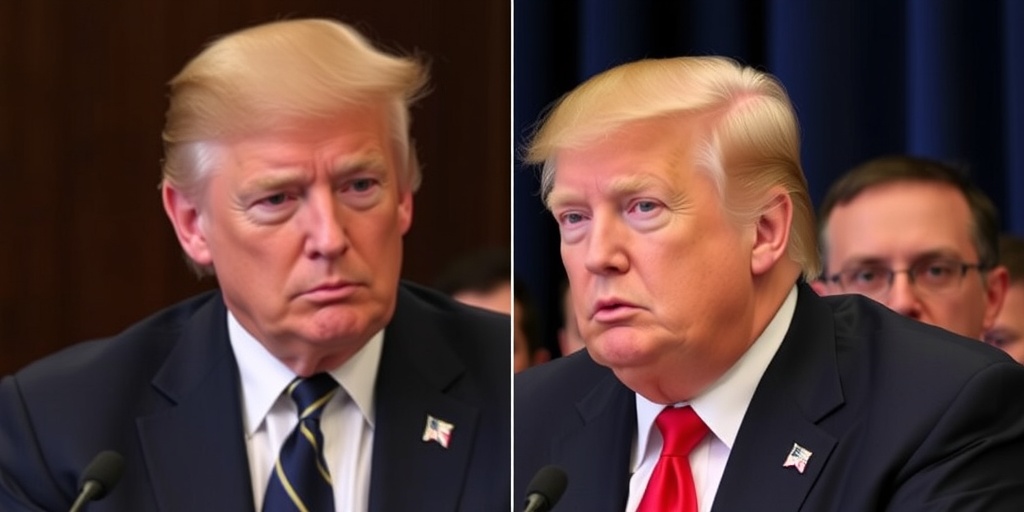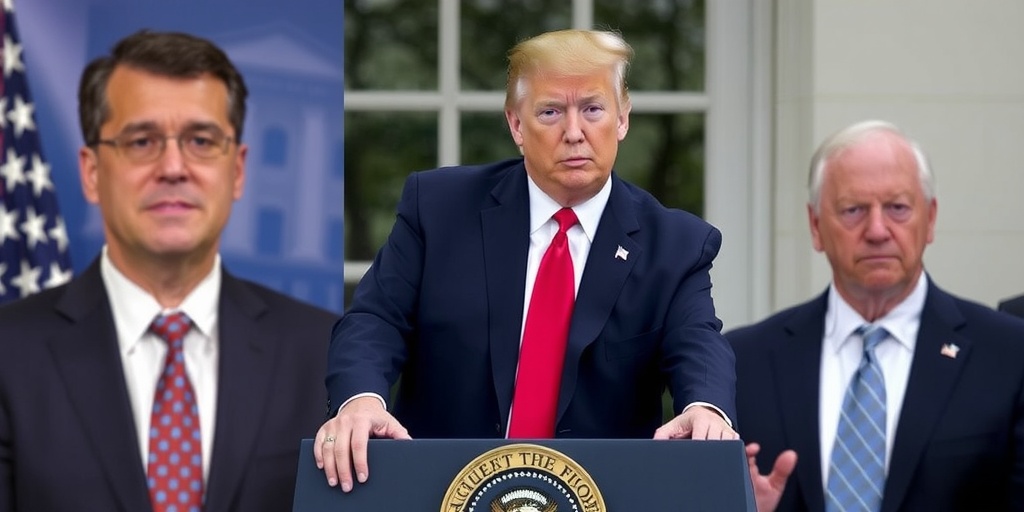Now Reading: Elon Musk’s Meeting with Senate Republicans Amid Federal Cuts Tensions
-
01
Elon Musk’s Meeting with Senate Republicans Amid Federal Cuts Tensions
Elon Musk’s Meeting with Senate Republicans Amid Federal Cuts Tensions
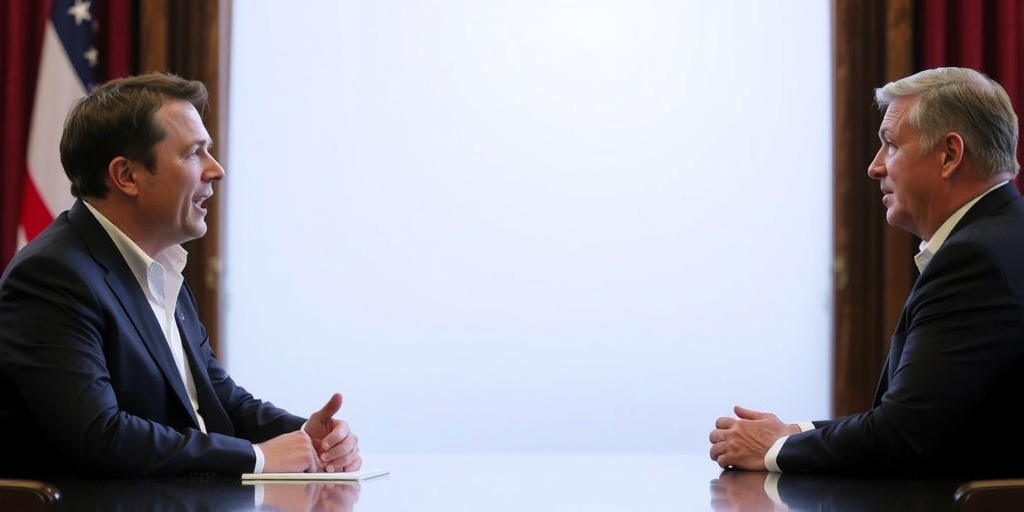
Elon Musk’s Congressional Engagement Sparks Mixed Reactions Among Senate Republicans
Elon Musk, the billionaire entrepreneur known for his ambitious projects including plans to colonize Mars, made headlines yesterday as he attended a private Senate Republican luncheon. This engagement followed a rousing display of support from Republican lawmakers during President Trump’s recent congressional address, in which Trump lauded Musk’s efforts regarding federal government reform.
Musk’s entrance into the Senate chamber was met with enthusiasm from GOP members, culminating in a standing ovation. However, it was what transpired behind closed doors that captured the attention of political observers. Senators seized the opportunity to pose questions to Musk for nearly two hours, reflective of their desire to engage with one of the most influential figures in modern technology and business.
Reporters and photographers stationed themselves in the Senate hallway, anxious to capture Musk’s remarks or actions following his private discussions. The excitement was palpable as they anticipated his responses to a plethora of inquiries regarding his new role and the implications it holds for his vast workforce and the broader public. Musk’s entrance was somewhat subdued, marked by his deep conversation with Senator Rick Scott of Florida, before he disappeared into the lunchroom for the closed session.
Post-luncheon, senators emerged from the meeting, apparently relieved by their discussions with Musk. Senator Mike Rounds of South Dakota conveyed a sense of positivity, characterizing the atmosphere as “refreshing, straightforward and casual.” Despite this congeniality, some discomfort lingered among senators regarding Musk’s opaque management style, especially as his recent workforce cuts began to impact their constituents. Senator John Hoeven from North Dakota expressed concern about the need for clearer communication with Musk’s team, hoping to respond effectively to constituents’ feedback.
Similarly, Senator Rand Paul of Kentucky acknowledged the challenges inherent in transitions of this magnitude, emphasizing the necessity of retaining essential personnel during such changes. Senators collectively voiced an interest in fostering better communication between Musk’s team and the legislative body, with a mutual aim of ensuring that the objectives of both parties are aligned moving forward.
In a bid to bolster goodwill, Musk took a page from the playbook of local politicians, offering his cellphone number to the senators in attendance—a gesture aimed at encouraging direct communication and feedback from their offices. This move highlights Musk’s understanding of the political landscape and the importance of establishing and maintaining relationships with lawmakers.
Meanwhile, on social media platform X, Musk stirred conversation with a provocative post about the potential pardon for Derek Chauvin, the former Minneapolis police officer convicted of killing George Floyd. Responding to a video from conservative commentator Ben Shapiro advocating for Chauvin’s pardon, Musk’s succinct comment, "Something to think about," ignited further discussions online regarding the implications of such a pardon and the wider context of police reform in the United States.
Chauvin’s 2020 conviction prompted national protests and a reckoning regarding systemic racism and police practices, fueling the Black Lives Matter movement. As Musk weighed in on this sensitive subject, it underscored the intersection of technology, social media, and political discourse in contemporary America. The discussion surrounding Chauvin’s potential pardon represents ongoing tensions in the national dialogue about justice, social equity, and political accountability.
In complement to his social media activities, Musk’s political engagements extend into the realm of campaign financing. His pro-Trump super PAC, America PAC, is investing $1 million in its inaugural television advertisement, strategically targeting only the Washington, D.C. media market. The ad aims to highlight Trump’s accomplishments while also critiquing former President Joe Biden, illustrating Musk’s commitment to shaping the political narrative leading to the upcoming elections.
Amid these political maneuvers, the legal implications of Musk’s and Trump’s actions continue to unfold. During Trump’s recent address, he referred to Musk as the head of a newly established Department of Government Efficiency, a statement that has raised eyebrows and prompted lawyers involved in ongoing lawsuits to reference Trump’s remarks in court. The administration has clarified that Musk serves as an advisor rather than holding an official leadership position, which shields him from certain transparency requirements.
As the political landscape evolves, both Musk and Trump remain pivotal figures in shaping contemporary discourse on technology, governance, and social justice. The ramifications of their interconnected actions will likely reverberate through upcoming election cycles and legislative developments, leaving observers keenly watching how this relationship unfolds in the public eye. As political dynamics continue to shift, the responses from Senators and constituents alike will be critical in shaping the path forward for one of the nation’s most influential tycoons.
Stay Informed With the Latest & Most Important News
Previous Post
Next Post
-
 01New technology breakthrough has everyone talking right now
01New technology breakthrough has everyone talking right now -
 02Unbelievable life hack everyone needs to try today
02Unbelievable life hack everyone needs to try today -
 03Fascinating discovery found buried deep beneath the ocean
03Fascinating discovery found buried deep beneath the ocean -
 04Man invents genius device that solves everyday problems
04Man invents genius device that solves everyday problems -
 05Shocking discovery that changes what we know forever
05Shocking discovery that changes what we know forever -
 06Internet goes wild over celebrity’s unexpected fashion choice
06Internet goes wild over celebrity’s unexpected fashion choice -
 07Rare animal sighting stuns scientists and wildlife lovers
07Rare animal sighting stuns scientists and wildlife lovers














